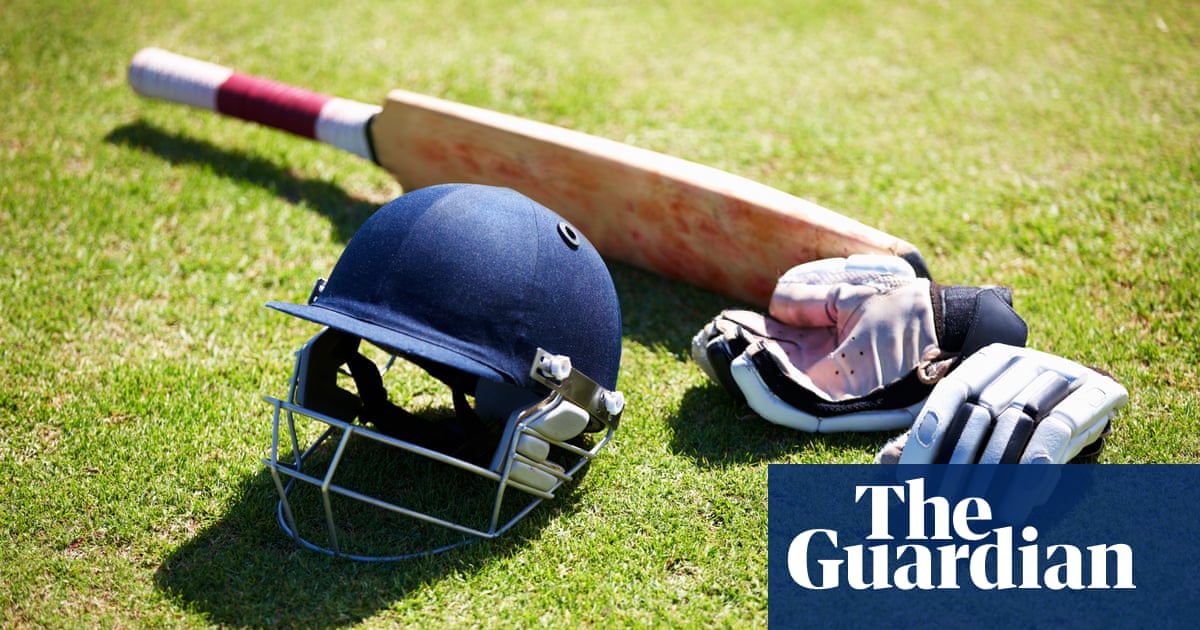The International Cricket Council has become the latest sports body to ban transgender players from the elite women’s game if they have gone through male puberty.
The ICC said it had taken the decision, following an extensive scientific review and nine-month consultation, to “protect the integrity of the international women’s game and the safety of players”.
It joins rugby union, swimming, cycling, athletics and rugby league, who have all gone down a similar path in recent years after citing concerns over fairness or safety.



[1] Because while strength decreases, empirical research shows that it does not decrease to the level of removing the competitive advantage in women’s sports.
[2] This article contains utterly no discussion about transgender athletes that have already undergone male puberty.
[3] You’re relying on ad hominem attacks instead of actually addressing any of the substantive findings. Moreover, your articles do not contain a single empirical study.
[4] If you read the full article, you would see that it doesn’t decline to the point of removing the advantage, as my quoted sections show. In fact, the very next sentence after the one you quote reads “However, transwomen still had a 9% faster mean run speed after the 1 year period of testosterone suppression that is recommended by World Athletics for inclusion in women’s events.” Your claim of cherry picking is ironic.
[5] Yes, the meaning of a case study is that it studies a single case. Notably, there are only five known transgender swimmers in the NCAA’s Division I, which was the subject of the study. I’m not sure what you’re trying to do by citing another study (ultimately finding that transwomen “were still stronger and had more muscle mass following 12 months of treatment”) in support of my point, but go off I guess.
[6] Your “systematic review” is close to a decade old and, unsurprisingly, doesn’t address any of the studies I cited. Moreover, the study you’re citing consistently admits that it doesn’t have enough information to really make any judgments - and its conclusion is based on the importance of sports for the physical and mental health of transgender people. To the extent it discusses competitive advantage, it does so entirely within the context of androgenic hormones, and contains no discusses of anatomical differences (e.g., larger bodies, longer legs, bigger bones, larger lungs). In addition to citing an outdated study in a rapidly evolving field of research, you then you cite a Daily Beast article – lmfao.